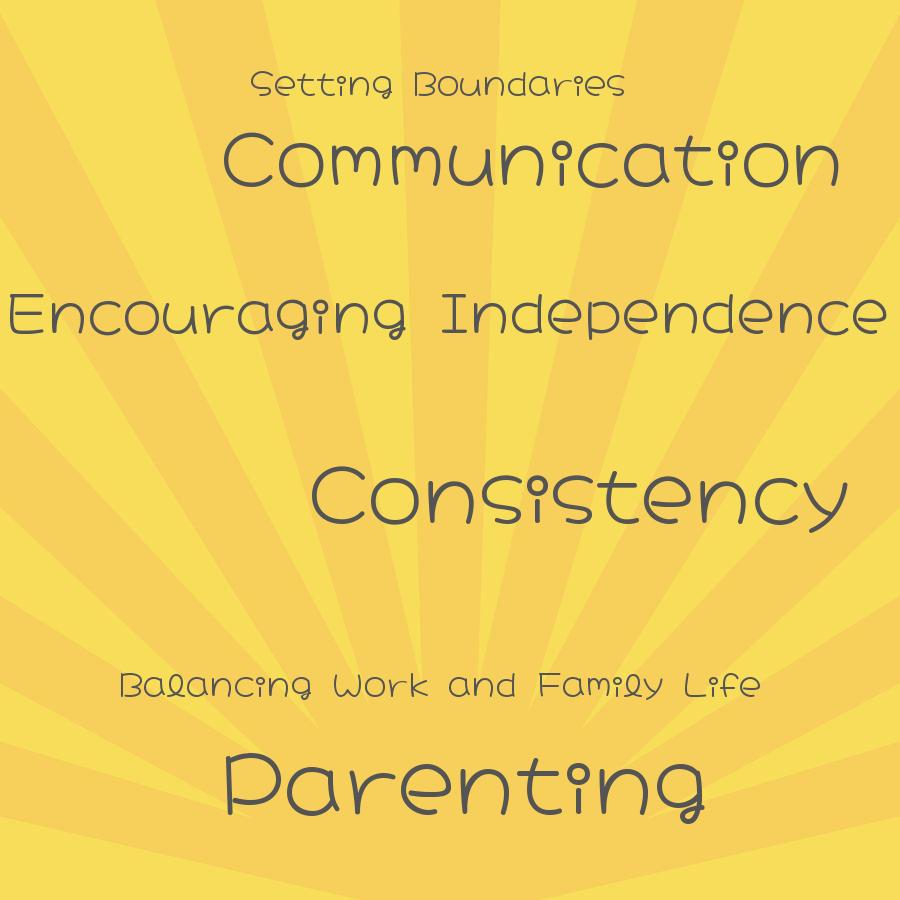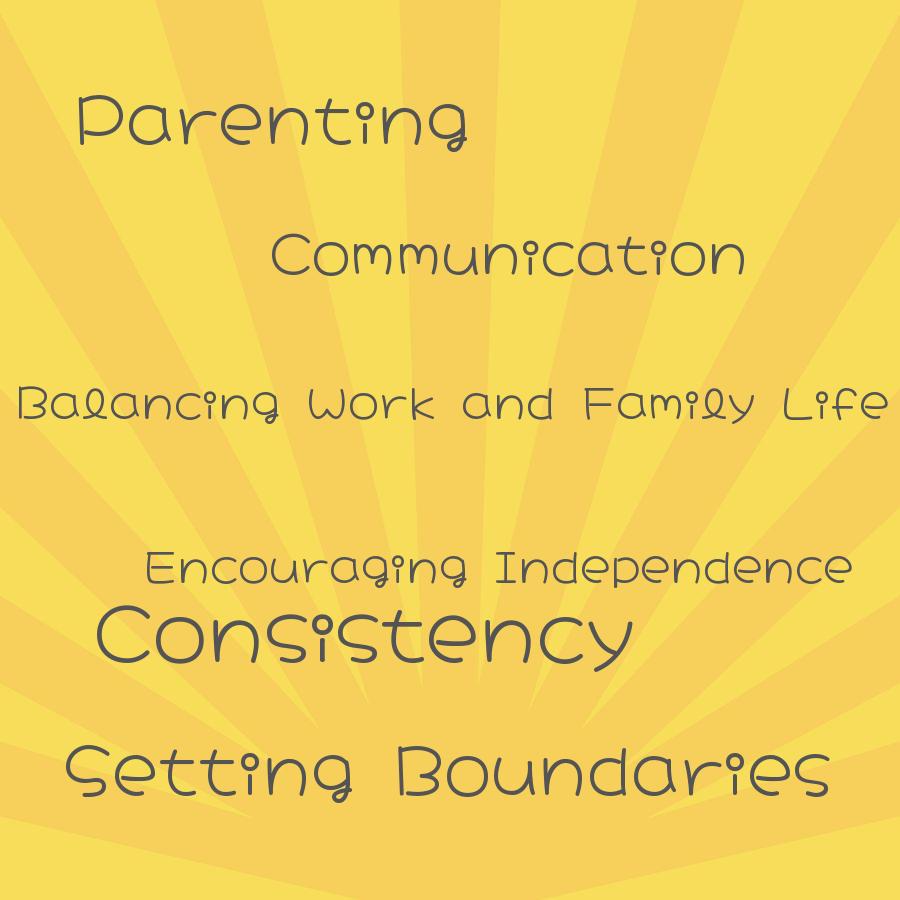Parenting is a challenging yet rewarding experience that requires patience, understanding, and effective communication. It involves providing love, support, and guidance to help children develop into happy and healthy individuals.
Some key aspects of parenting include setting boundaries, fostering independence, promoting positive behavior, and being a good role model. It’s important to stay informed about child development and to adapt your approach as your child grows and changes. Above all, parenting requires a deep commitment to nurturing your child’s physical, emotional, and social well-being throughout their life.
As a parent, I have been through the ups and downs of raising children. From sleepless nights to endless diaper changes, from first steps to first words, from the terrible twos to teenage drama – I have experienced it all.
And let me tell you, parenting is not easy.
But amidst the chaos and challenges of parenthood, there are moments of pure joy and love that make it all worth it. Like when your child looks up at you with their innocent eyes and says “I love you”, or when they achieve something they’ve been working hard for.
Through my experience as a parent and my passion for writing, I want to share what I’ve learned about parenting with other parents out there who may be struggling or just looking for some guidance. In this blog post, I will be sharing some valuable insights on what you need to know about parenting – from discipline techniques to fostering healthy relationships with your children.
So sit back, relax (if that’s possible as a parent), and let’s dive into the world of parenting together!
Here You Will Learn:
Importance of Communication


One of the most important aspects of parenting is communication. As a parent, it’s crucial to establish open and honest communication with your children from an early age.
This means actively listening to them, asking questions, and showing empathy towards their feelings.
I remember when my daughter was going through a tough time in school – she was being bullied by her classmates. It broke my heart to see her come home every day feeling sad and defeated.
But instead of jumping in with solutions or dismissing her feelings, I sat down with her and asked how she was feeling.
Through our conversation, I learned that what she really needed from me wasn’t necessarily advice on how to handle the situation (although we did talk about some strategies), but rather just someone who would listen without judgment or interruption.
By fostering this kind of open communication with your children early on, you’re setting the foundation for healthy relationships built on trust and respect as they grow older.
But it’s not just about talking – it’s also about modeling good communication skills yourself as a parent. This means being mindful of your tone when speaking to your child (even during moments of frustration), admitting when you’re wrong or don’t know something, and making time for quality conversations even amidst busy schedules.
In short: effective communication is key in building strong relationships between parents and children that can weather any storm life throws their way!
Setting Boundaries
As parents, we want to give our children the world. We want them to be happy and successful in everything they do.
However, it’s important to remember that setting boundaries is crucial for their development and well-being.
I remember when my daughter was a toddler; she would throw tantrums whenever she didn’t get what she wanted. It was exhausting trying to reason with her or distract her from whatever had upset her.
But I soon realized that by giving in every time, I wasn’t doing her any favors.
Setting boundaries doesn’t mean being strict or controlling; it means establishing clear guidelines for behavior and consequences if those guidelines are not followed. This helps children understand what is expected of them and gives them a sense of security knowing there are limits in place.
For example, you can set boundaries around screen time or establish rules about completing homework before playtime. When your child knows the expectations ahead of time, they’re less likely to push back against your authority because they know what’s coming next if they don’t comply.
Setting boundaries may seem difficult at first but it’s an essential part of parenting that will benefit both you and your child in the long run – just like all aspects of parenting!
Consistency Is Key
As a parent, one of the most important things I’ve learned is that consistency is key. Children thrive on routine and structure, and when they know what to expect from their parents, it helps them feel safe and secure.
I remember when my daughter was going through a phase where she would throw tantrums every time we went grocery shopping. It was frustrating for both of us – I just wanted to get our errands done without any drama! But then I realized that part of the problem might be inconsistency on my part.
Sometimes I would give in to her demands for candy or toys at the store, while other times I would say no.
So instead of giving in or getting angry with her during our next trip to the store, I set clear expectations before we even left home: “We are only buying groceries today – no treats or toys.” And you know what? She didn’t throw a single tantrum! By being consistent with my expectations and following through with consequences (or lack thereof), she knew exactly what was expected of her.
Consistency doesn’t just apply to discipline either – it can also help build trust between you and your child. If you consistently show up for them emotionally by listening attentively when they talk about their day or making time for special activities together each week, they will learn that they can count on you as a reliable source of support.
In short: parenting isn’t easy but being consistent can make all the difference in creating healthy habits within your family dynamic.
Encouraging Independence
As parents, we all want our children to grow up to be independent and self-sufficient individuals. However, it can be challenging to strike a balance between nurturing and encouraging independence.
I remember when my daughter was learning how to tie her shoes; it was tempting for me just to do it for her because I could do it faster and more efficiently. But instead, I encouraged her by showing her the steps repeatedly until she got the hang of it herself.
Encouraging independence in your child is crucial as they grow older because they need these skills not only at home but also in school and eventually in their careers. One way you can foster independence is by giving them age-appropriate responsibilities around the house such as making their bed or helping with meal prep.
It’s important not only to give them tasks but also praise them when they complete those tasks successfully on their own without any assistance from you. This will boost their confidence levels while teaching them that hard work pays off.
Encouraging your child’s independence may seem daunting at first but trust me; this skill set will benefit both you and your child immensely down the road!
Balancing Work and Family Life
As a working parent, finding the balance between work and family life can be challenging. I remember feeling guilty for leaving my child at daycare while I went to work, but also feeling stressed about meeting deadlines and keeping up with my job responsibilities.
It’s important to remember that it’s okay to prioritize your career, but it’s equally important to make time for your family. One way of achieving this balance is by setting boundaries and creating a schedule that works for both you and your family.
This may mean negotiating flexible hours or working from home when possible. It also means being present during quality time with your children – putting away distractions like phones or laptops so you can fully engage in activities together.
Remembering why we work in the first place – providing for our families – can help us keep things in perspective when juggling multiple responsibilities as parents. By prioritizing our relationships with our children alongside our careers, we create a healthy environment where everyone feels valued and loved despite busy schedules.